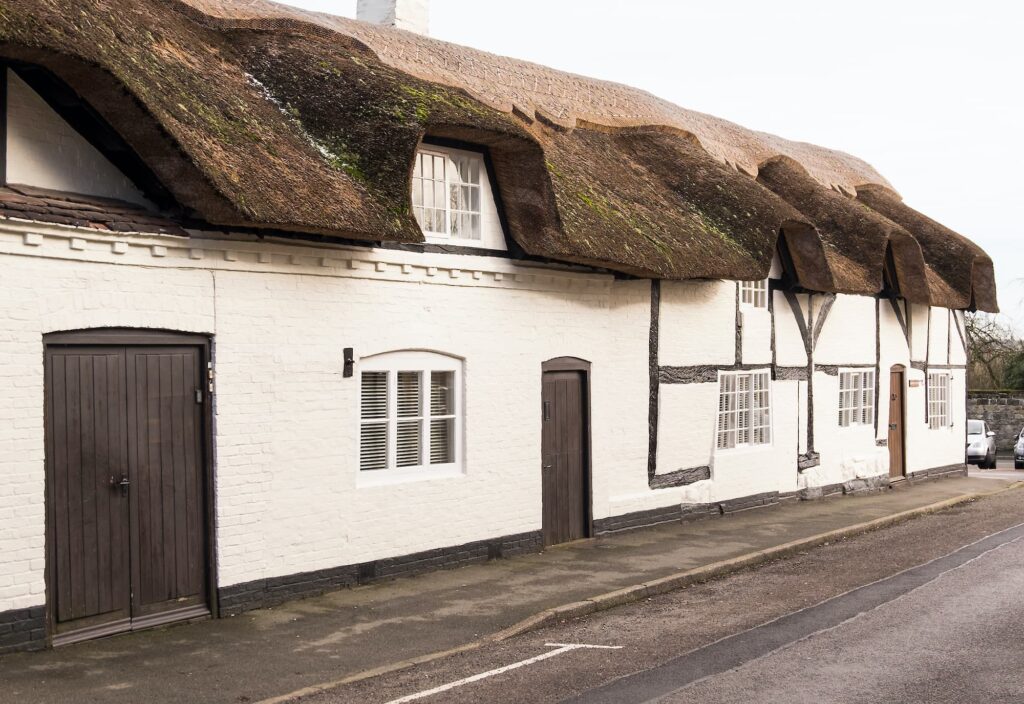
It’s a question that we get asked quite a lot at Emma’s Properties, so we’ve put together a simple guide to understanding a non standard construction property and what this could mean in terms of securing a mortgage.
What is non standard?
A non standard construction is simply a property that does not conform to the standard definition. In order to confirm to standard definition, the walls of a property are constructed either with stone or bricks and the roofs with tile or slates, and if a property does not confirm to above then it’s considered as non standard construction property.
There are two fields which can be construed as non standard construction:
Frame and Walls
Roofs
There are many different types of non standard construction properties, with one of the most common ones being the prefabricated concrete house, constructed in the post-World War II era of England. But other materials for the frame could include steel, glass, metal and wood to name a few. An eco house, which is rising in popularity is a house specifically geared towards sustainability and minimising its impact on the environment, can often be classed as non standard also.
With regards to the roof, the first one that usually comes to mind is the typical, beautiful thatched cottage, but other roofing materials that could be considered non standard would be concrete, felt, steel, glass and timber.
Mortgages for non standard constructions
Generally speaking, non-standard properties are considered higher risk, which makes them more difficult to finance, although not impossible. Specialist lenders are available who accommodate non-standard construction mortgages and every lender has their own criteria, with certain non-standard property types preferred to others.
Some homes of unusual construction may carry higher risks that can cause the lender to be cautious about lending against that property. For example, thatched roofs – while they look great – are a significantly greater fire risk than ordinary tiling.
The fact that you may need to find a mortgage provider who will accept a property outside their standard construction criteria can limit the range of lenders available to you. This may mean that some of the best mortgage deals are out of reach.
Reselling
It’s worth taking into consideration the possibility of reselling your property, should you decide to go down the route of purchasing a non standard property. Non-standard construction homes typically take longer to sell as buyers often struggle to secure a mortgage and home insurance on the property. Determining the condition of non-standard materials like concrete can be difficult for lenders because they are unable to assess the risk of offering a mortgage on the property.
For further information on non standard construction properties and mortgages please contact us here.




